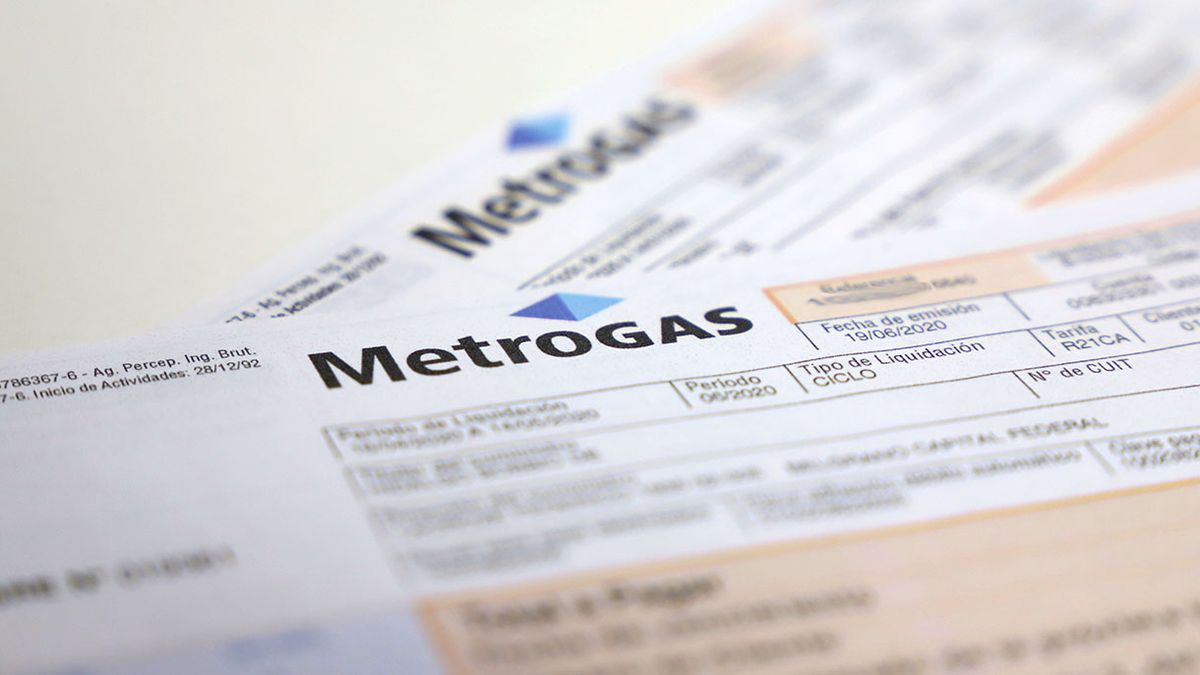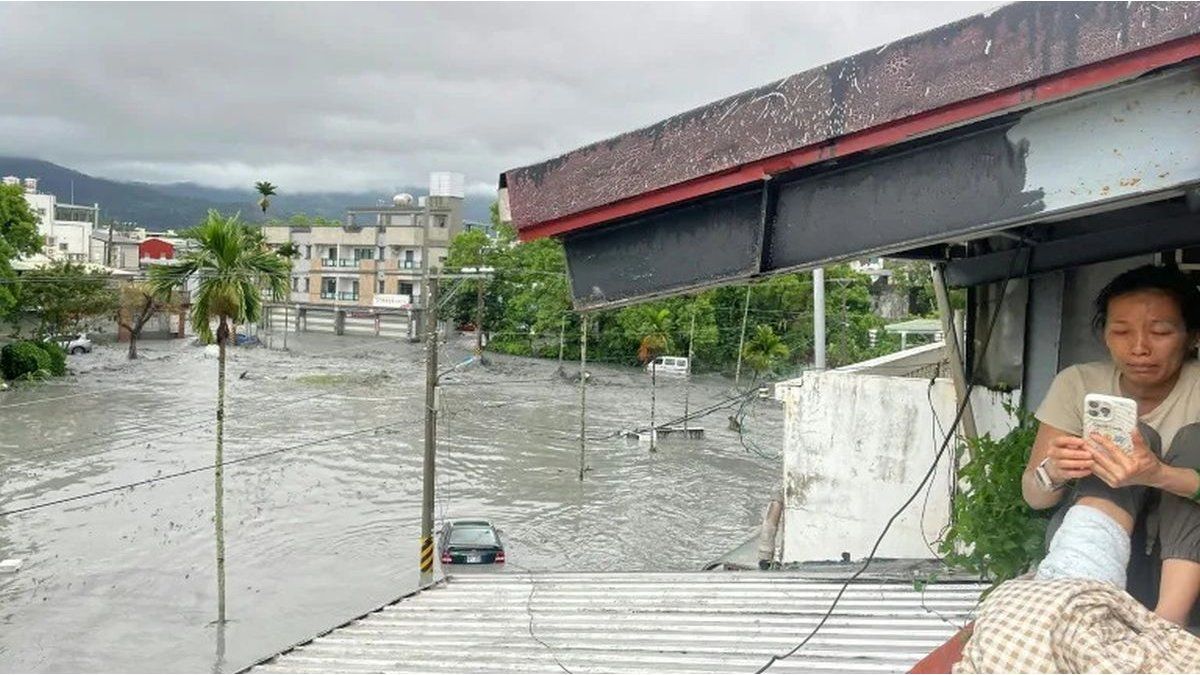The hearing lasted three and a half hours (from 10:04 a.m. to 1:33 p.m.) and included the participation of 25 of the 38 registered speakers, mostly representatives of consumer defense entities and ombudsmen from different jurisdictions.
One of the most emphatic speakers was the provincial deputy of Mendoza for Federal Unity and Equity, Jose Luis Ramonwho questioned the presentation made at the beginning of the hearing by the Undersecretary of Hydrocarbons, Maggie Videla, who pointed out that the beneficiaries of the social rate would not have a new increase after the adjustment made in February, while those who did not have this regime would pay an additional average increase of 20% on their bills.
“That is a lie presented to some media outlets that are going to pay for the stoppage of the increases,” he exclaimed, at the same time that he considered the table of costs presented by the undersecretary “false” and assured that “the families of the cold zones are going to have 60% increases.
For his part, the mayor of the Buenos Aires party of Esteban Echeverría, Ferdinand Grayasked that the increases be postponed because he understood that “it is not an opportune moment”, and that its application “would affect not only the vulnerable sectors but also the middle class, SMEs and public welfare entities”.
Likewise, he demanded greater investments in infrastructure in his district and questioned that “in the XXI century” there are sectors of the population without network gas service.
In the same sense, it was expressed Raul Zavaliaof the Fundación Pro Vivienda Social, who stated that “it is paradoxical that we are discussing rates when 50% of Argentine families do not have access to the gas network”, in addition to warning that “what we save through subsidies we pay through inflation”.
The holder of the Defense of Users and Consumers (Deuco), Peter Bussetti, expressed her “displeasure” for having established a presentation time of five minutes instead of ten as in previous hearings, while Paula Soldi, from the Center for Studies for the Promotion of Equality and Solidarity (Cepis), demanded more information on “the true costs” and the profits of the licensees, so that “the sustained growth of our economy is not carried away by four or five guys”.
Diego Mielnickiof the Ombudsman of the City of Buenos Aires, raised the need to “expand and improve the social rate system”, criticized that “the procedures have to be renewed every year”, and in turn called for “the annulment of interest in the payment plans” that the companies enable to debtor users.
For her part, the radical deputy Jimena Latorre He questioned the Government for what he considered an “inconsistency” between announcing a cut in subsidies and at the same time increasing rates below inflation and salary variation.
Latorre also highlighted the absence at the hearing of both the Secretary of Energy, Dario Martinezas well as the head of the National Gas Regulatory Entity (Enargas), Federico Bernalwhich attributed them to “the internal” of the Government.
In another order, Roberto Salernofrom the Association for the Defense of User and Consumer Rights (Adduc), proposed “reviewing the basic regulations that protect the dollarization of rates” at the wellhead.
Likewise, he said that “it is not so true that we are demanding excessively the requirement of subsidies”, and assured that Argentina is ranked 68th in the world among the countries in which the State financially assists the provision of services. public.
Lastly, representatives of sub-distributors such as Fesubgas or Axxe They requested a differentiated treatment for this sector, as applied between 2009 and 2016, and stated that their interests are different from those of the distributors.
In this way, the tariff updating process defined by the Executive Branch in the economic program begins, which aims to achieve “reasonable tariff levels that can be applied with criteria of justice and distributive equity” for public gas and electricity services. electricity, as stated by the Secretary of Energy in the summons to the hearings.
Yesterday, the Minister of Economy, Martín Guzmán, considered that the rate updates according to income segmentation as proposed by the national government “does the country good” and questioned the current level of energy subsidies, equivalent to “3 or 4 Product points” Tomorrow, meanwhile, The new seasonal reference prices of the Seasonal Price of Electric Energy (PEST) will be discussed.
While, On Thursday, the implementation of segmentation in the granting of energy price subsidies by the State to users of the natural gas service and the electricity service will be discussed, for the 2022-2023 biennium.
Source: Ambito
David William is a talented author who has made a name for himself in the world of writing. He is a professional author who writes on a wide range of topics, from general interest to opinion news. David is currently working as a writer at 24 hours worlds where he brings his unique perspective and in-depth research to his articles, making them both informative and engaging.




